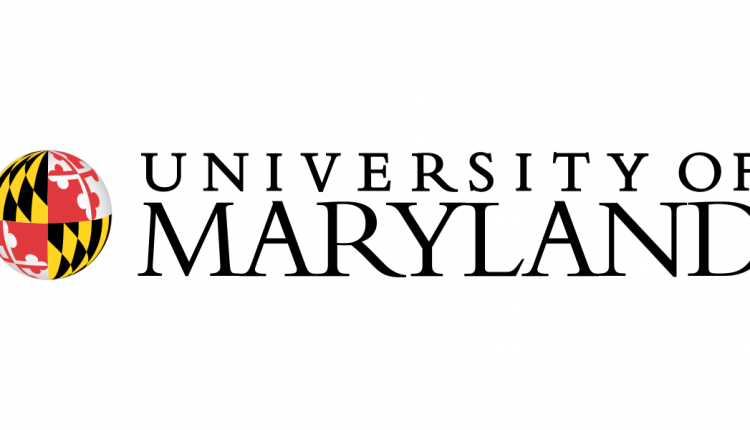Top Honor: UMD Criminologist Set to Receive World’s Highest Prize in Criminology
A University of Maryland expert on terrorism and the causes and consequences of crime has been selected to receive his field’s highest honor, the 2024 Stockholm Prize in Criminology, from the Swedish Ministry of Justice.
Distinguished University Professor Gary LaFree’s award marks UMD’s third Stockholm Prize in Criminology since its inception in 2006. His Department of Criminology and Criminal Justice (CCJS) colleagues, John Laub and Peter Reuter (also a professor in the School of Public Policy), were honored in 2011 and 2019, respectively, with the prize, which recognizes research achievements or results that reduce crime or advance human rights.
“I am truly honored to have my name listed alongside the previous winners of the Stockholm Prize, many of whom I have idolized since I was a student,” said LaFree. “I have been very fortunate over the course of my career to be surrounded by an amazing group of colleagues and students, and to have my creative insights—especially on the legitimacy of legal institutions and governing bodies—recognized publicly. Many academics’ contributions go unnoticed, so I am not only proud of my work, but very grateful for how it has been received.”
LaFree initially assumed two positions upon his arrival at Maryland in 2000: as a professor in the Department of Criminology and Criminal Justice, and a faculty affiliate position within the Department of Sociology.
Five years later, LaFree took a leading role in launching the National Consortium for the Study of Terrorism and Responses to Terrorism (START), a Department of Homeland Security Center of Excellence headquartered at the University of Maryland. After 14 years with START, he then moved on to direct the Maryland Crime Research and Innovation Center and eventually serve as CCJS chair.
“Professor LaFree is an exemplary scholar,” said Susan Rivera, dean of the College of Behavioral and Social Sciences. “Through his many published works on terrorism and criminal etiology, it is clear that Gary is never afraid to ask questions, nor confront some of the most pressing issues of our time. This award appropriately recognizes Gary’s commitment to advancing his field and embodying our college’s motto of being the solution to the world’s great challenges.”
LaFree’s terrorism expertise is not what caught the attention of the Stockholm Prize jury; rather, he was selected for his research on procedural justice and legitimacy—about which LaFree wrote the 1998 book “Losing Legitimacy: Street Crime and the Decline of Social Institutions in America.”
According to a Stockholm press release, research by LaFree and fellow 2024 prizewinner Tom R. Tyler, the Macklin Fleming Professor of Law and professor of psychology at Yale University, “points out that if the police apply principles of correct, respectful and impartial treatment of citizens, even those citizens who break the law, it can lead to a reduction in the propensity for crime at the individual level and also to a reduction in crime at the community level.”
In June, either Queen Silvia of Sweden or the Swedish minister of justice will present LaFree and Tyler with the Stockholm Prize in Criminology in the same hall where the Nobel Prizes are awarded. They will each also receive roughly 500,000 in Swedish currency (approximately $45,000).
“The Stockholm Prize in Criminology is a well-deserved and fitting recognition of Professor LaFree’s stellar body of public safety research,” said Rod Brunson, CCJS professor and chair. “Gary’s work inspires social change and has been integral in our department becoming a premiere destination for rigorous methodological and theoretical expertise. We are immensely proud to call Gary our dear friend and colleague.”

